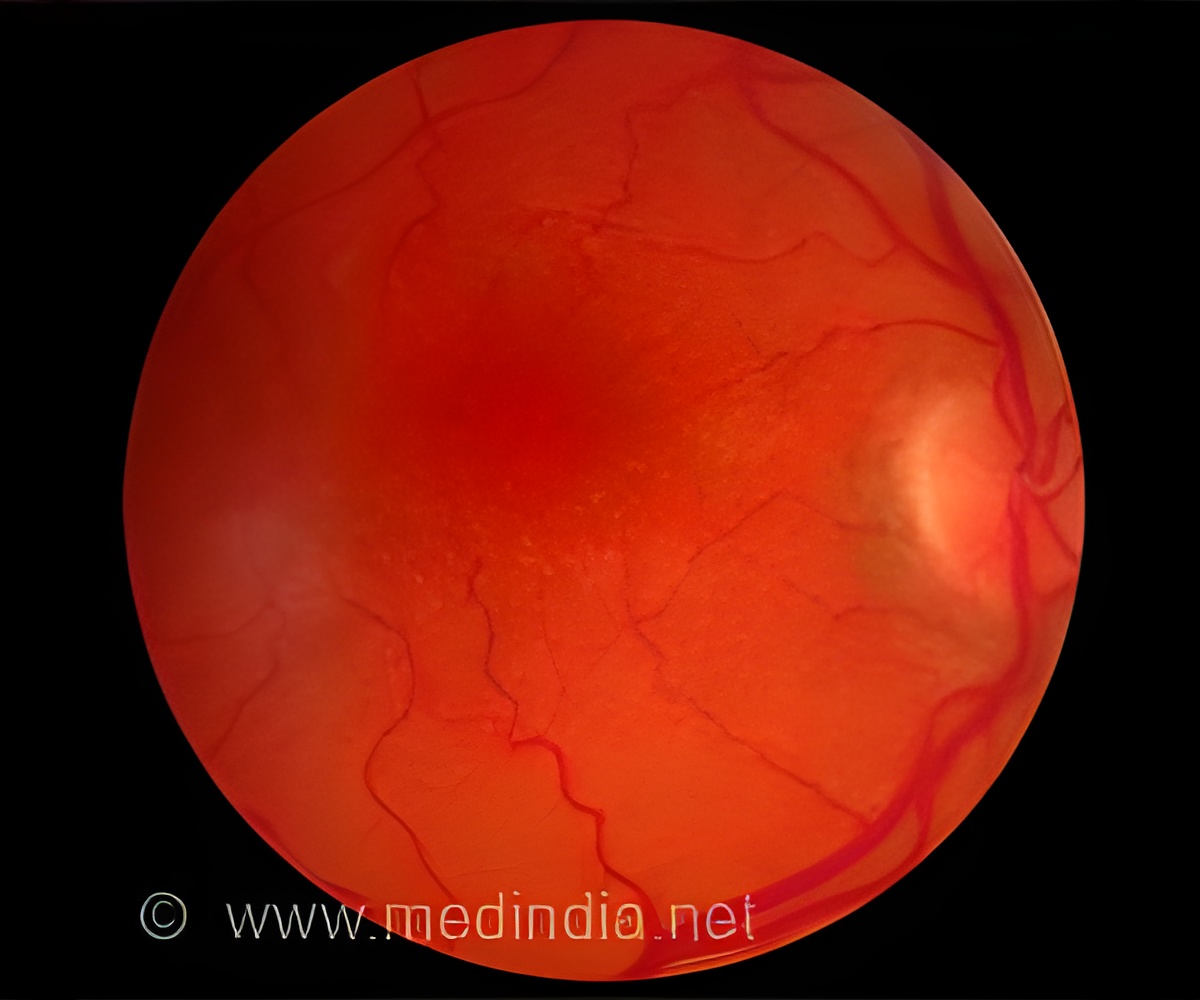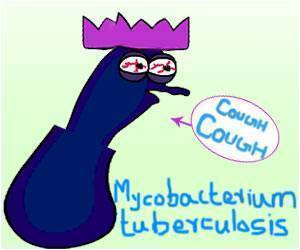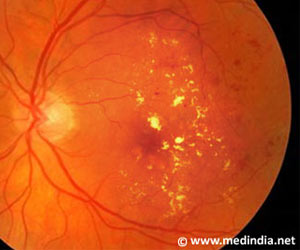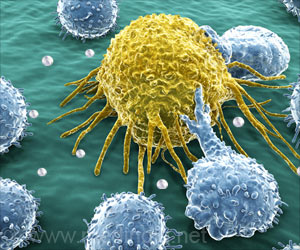
‘Tumors exploit a biological process called angiogenesis, which is the formation of new blood vessels from pre-existing ones. To grow and multiply, tumors source nutrients delivered by this new vasculature. But tumor growth will slow down if proteins like vascular endothelial growth factor (VEGF) are inhibited.’
Tweet it Now
Tumors exploit a biological process called angiogenesis, which is the formation of new blood vessels from pre-existing ones. To grow and multiply, tumors source nutrients delivered by this new vasculature. But tumor growth will slow down if proteins like vascular endothelial growth factor (VEGF), an angiogenesis promoter, are waylaid.The research team used a computational model of tumor-bearing mice (verified by published experimental data) to investigate the response to VEGF-inhibiting drugs and how this response is affected by tumor development. The model illuminated that certain properties of tumor growth help forecast whether drug therapy will thwart tumor expansion.
"We found that certain parameters about the way the tumor grows could successfully and accurately predict the response to anti-angiogenic treatment that inhibits VEGF signaling in the mouse," Finley said. "Using the characteristics of the tumor's growth, we can predict how effective the anti-angiogenic therapy will be, or whether the tumor's growth will slow down, even before treatment begins."
A next step in the research includes a mathematical model to simulate a virtual population of mice randomly assigned different tumor growth parameters. The model will mimic tumor growth with and without drug therapy- and be able to predict mice who respond to drug therapy (resulting in slower tumor growth) and mice with no effect. The research team will further use experimental data to validate the model's predictions.
Source-Eurekalert















